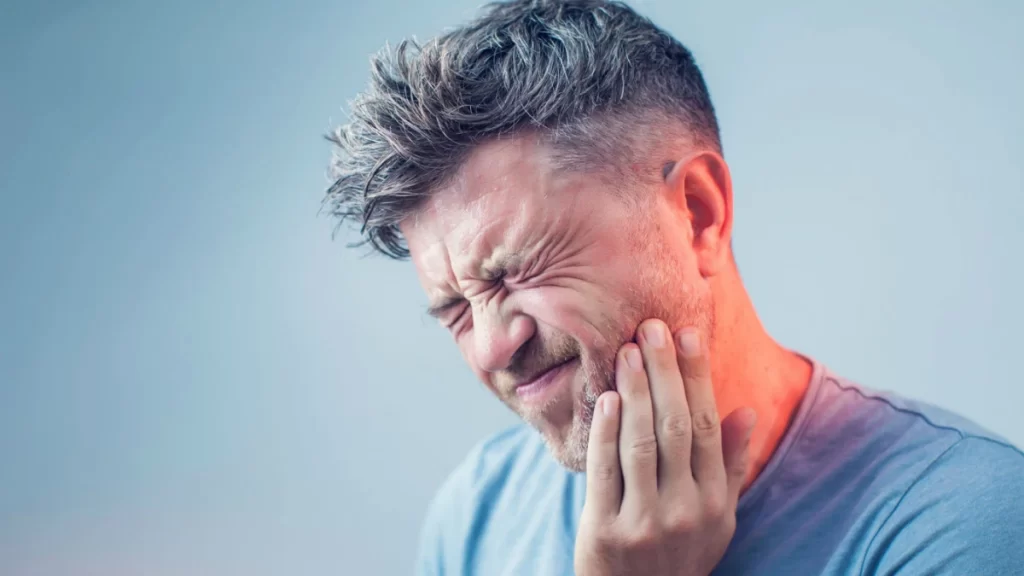When it comes to dental health, not everything needs to be dealt with in an emergency and some will need to be booked as a preventive measure. Dental emergencies can be alarming, and painful and can disrupt your daily life. Understanding what a dental emergency is will help you take definitive action to protect your oral health and reduce pain. In the guide below, we will take a look at some of the typical indications that a dental urgent situation has happened and what measures one should consider when faced with this problem.
Recognizing a Dental Emergency
Dental emergencies can manifest in various forms, from sudden pain to physical trauma. Here are some common scenarios that typically categorize a dental situation as an emergency:
1. Chipped or Broken Teeth
An extreme toothache can stop you in your tracks, distracting you from everyday activities. However, if your pain is severe and does not go away after taking over-the-counter medications, this could be an indication of something serious like an abscess or a deep cavity that may need immediate attention from a dentist.
2. Chipped or Broken Teeth
Chipped or broken teeth: From an accident Minor chips may not need immediate treatment, but larger breaks or cracks will expose nerves and allow infection to set in, resulting in severe pain. Quick dental treatment can stop an infection and re-establish the function as well as the look of the lost teeth.
3. Knocked-Out Tooth
A tooth that has been knocked out is a dental emergency for sure. If this happens, try to replace the tooth in its socket, avoiding touching its root and keeping it wet in a bit of milk or extremely diluted saline solution. This part is important, you have to get a dentist as fast as possible and the sooner after an accident happens, you can arrange for someone to see a dentist (the hour after the incident means highly speaks that he salver his tooth through the implant).
4. Loose or Dislodged Fillings
When fillings come out or break loose, the tooth becomes exposed to bacteria and more decay. This can progress quickly to a dental emergency, especially if it results in acute pain or sensitivity.
5. Abscess or Infection
It is a more severe condition that occurs when there is a pocket of pus caused by infection or bacteria under or at the tip of a tooth. Individuals experience signs like excruciating torment, inflammation, fever, and an awful taste in the mouth. Due to the possibility of the infection spreading, dental abscesses need immediate medical attention.
6. Bleeding and Swollen Gums
It is normal for some gum irritation to occur, but frequent or prolonged blood and swollen gums may signal advanced gum disease or another serious illness. This is when you need to seek immediate dental advice.
What to Do in a Dental Emergency
If you find yourself facing a dental emergency, taking appropriate steps can make a significant difference in the outcome.
1. Stay Calm
Panic during emergencies is understandable, but keeping calm results in smart choices. Pause take a breath, and see how bad it is.
2. Reach Out to Your Dentist
Your first call should be to the dentist. Talk about your symptoms and what happened that led to the emergency. Most dentists will have emergency slots open or you can get over-the-phone guidance. If you are seeking emergency dental care in Rochester Hills, local professionals can provide the needed help.
3. Manage Pain and Swelling
Pain relief you can buy without a prescription should help keep things under control until you manage to reach a dentist. Cold compresses can minimize the swelling and soothe the pain in the area that is tight.
4. Keep Newspaper headling: Safeguard Knocked-Out Teeth or Chipped Pieces
If a tooth or piece of the tooth breaks off, gently place any fragments in a container and bring them to your dental appointment. The faster a knocked-out tooth is re-implanted, the greater its chance of survival.
5. Avoid Hard and Sticky Foods
When waiting for a dentist appointment, keep away from foods that are hard to chew or may further aggravate the injury. Avoid hard foods that will just hurt.
6. Seek Professional Help
While delaying this kind of professional care may seem tempting, it can lead to worse problems. When it comes to dental emergencies, being swift is always a better option. With that being said, dental professionals have the right tools and experience to get to the bottom of your pain — or damage.
Some dental emergencies crop up suddenly and can have far-reaching consequences on oral health. What constitutes a dental emergency, and the steps you can take to keep your teeth safe and stop the pain? From experiencing excruciating pain to having a tooth knocked out to noticing some signs of infection, it is always best that you take action as soon as possible. It is best if you know emergency services around you such as Rochester Hills Dentist to be able to deal with emergencies properly. However, if unsure — play it safe and always ask a dentist.
Reference
Cleveland Clinic
https://my.clevelandclinic.org/health/articles/11368–dental-emergencies-what-to-do
NCBI
https://www.ncbi.nlm.nih.gov/books/NBK589664/


0 comments on “What Constitutes a Dental Emergency? A Quick Guide”